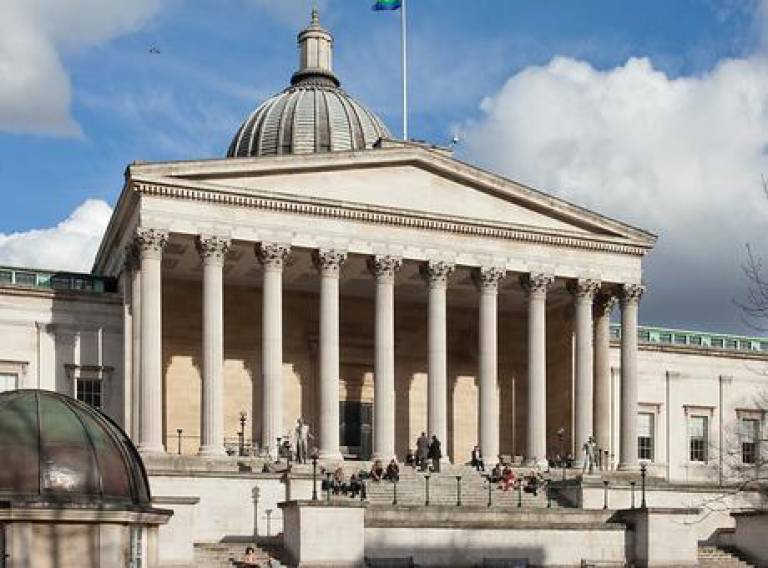OUR VIEW: IMF & UK Infrastructure Investment
24 May 2013

As the UK waits for a strong and sustainable recovery, the International Monetary Fund (IMF) has emphasised the significant contribution that infrastructure investment can make. Chancellor George Osborne has publicly acknowledged the wisdom of this advice.
Recognising that the government should support infrastructure investment is however just the first step. Infrastructure investment can help the UK achieve a range of short-to-long term goals but the focus cannot remain on a short-term boost to demand. It is crucial to longer-term economic performance, in reversing falling productivity and rises in unemployment, boosting youth employment and reducing regional disparities in employment and wages. Commitments must focus on short-term economic and political goals but also on potential structural and regional impacts.
In addition, the role that infrastructure can play in nurturing new, environmentally sustainable forms of production is an issue that cannot be neglected. Careful thought is needed about the range of possibilities and implications and the potential of small as well as high profile projects.
Arguably the most important question is how can infrastructure be financed? Indications are that central banks will tighten monetary conditions in the medium term and there will be increasing pressure on fiscal deficits and debt, especially if faltering growth further undermines the UK’s credibility. Efficient financing will require careful consideration of the extent to which private public partnerships effectively align public and private incentives whilst simultaneously maximizing the net social benefits. All of this raises a complex set of questions which lack concrete answers.
In September 2013, the Bartlett School of Construction and Project Management, in collaboration with the European Investment Bank, will launch its new MSc degree in Infrastructure Investment and Finance. This has been designed as the Bartlett recognises the importance of infrastructure for stable, sustained growth and prosperity across the developed and developing world.
Governments in the UK are increasingly focused on the role that infrastructural investment can play in leading economies out of recession, promoting long-term sustainable growth and protecting the environment. Knowledge of this is essential for ensuring sustainable and politically feasible infrastructure.
Our new degree will bring together academic research, industry experience and policy best practice. It will help to target infrastructure investment on crucial structural problems such as congestion, access to clean water and stable energy supplies. The MSc in Infrastructure, Investment and Finance will help policy makers better understand how effectively to finance public and private infrastructure and how to deliver first class projects.
Professor in Economics and Finance of the Built Environment
The Bartlett School of Construction & Project Management
 Close
Close

